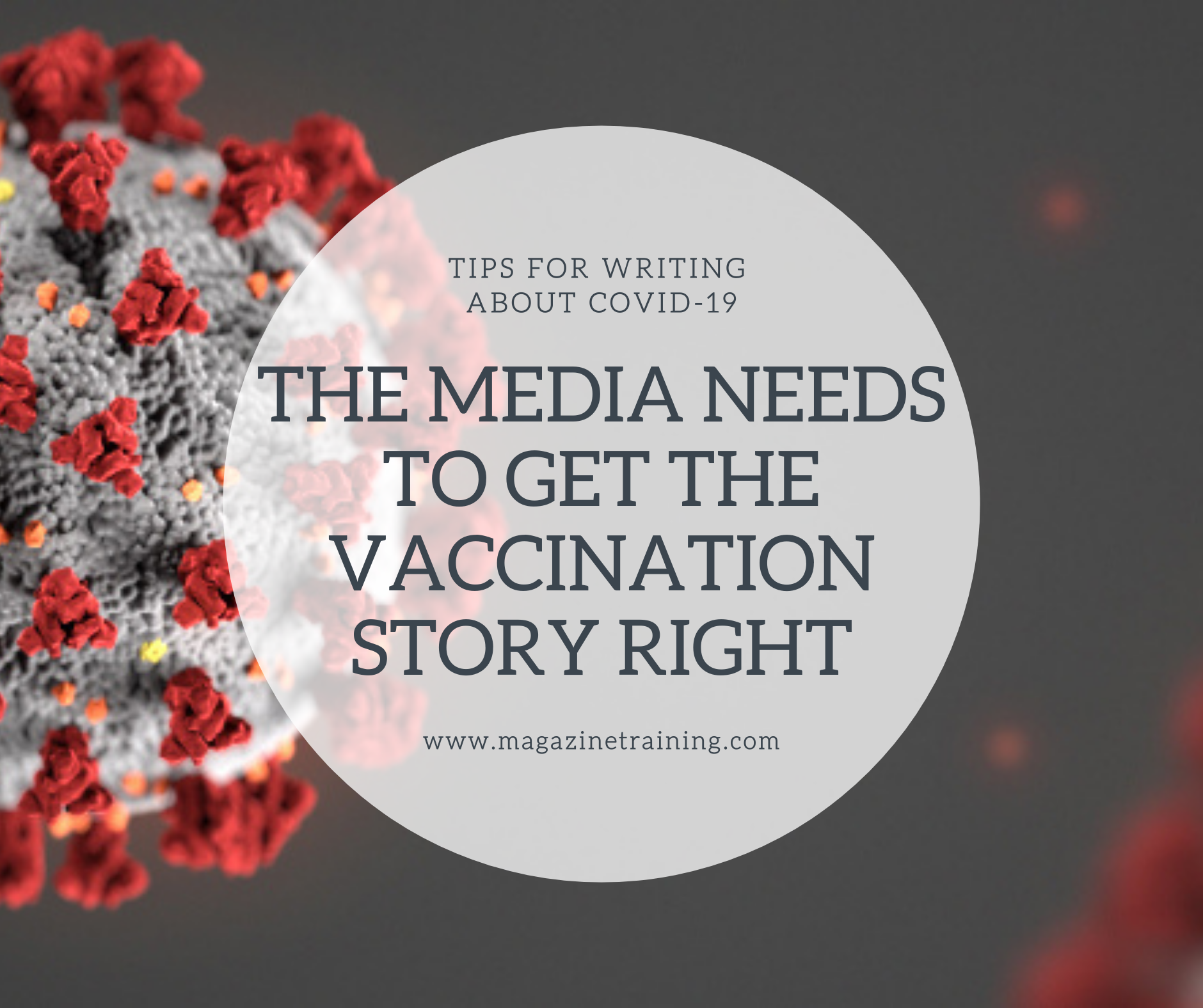
The media needs to be discerning about the vaccination-related events it reports, and how it does so, and avoid sensationalizing such incidents.
When it comes to reporting on the rollout of the COVID-19 vaccines, context is everything.
As millions of doses are injected into the arms of people around the world, adverse events are inevitable, even under the best of circumstances.
A small percentage of the population will have allergic reactions. Because the two vaccines now in use in the United States (from Pfizer-BioNTech and Moderna) are highly, but not completely, effective, some recipients may become infected with the virus. And some people who have been vaccinated will get sick — or even die — from unrelated, if coincidental, causes.
The media needs to be discerning about the vaccination-related events it reports, and how it does so. Above all, it must avoid sensationalizing such incidents, whether in news reports or on social media.
Journalists need to stress that occasional adverse reactions are rare and treatable — the estimated overall rate of anaphylaxis (a life-threatening allergic reaction) after vaccinations is about 1.3 per 1 million, and a similar allergic reaction rate is expected for the current COVID-19 vaccines — and that the small number of issues with those vaccines are outliers amid the administration of many millions of doses. Barring an unexpected turn of events, the odds of a bad outcome from taking the vaccine are minuscule compared with the prospect of getting sick or dying from the virus itself.
Why does this matter?
If we are to return to some semblance of normal life, we will need to achieve herd immunity — resistance to the spread of a virus gained once enough of the population has been vaccinated or infected with the disease. This will be no easy task, and not just because vaccine distribution is so complex and the federal government’s initial effort so inept.
By: Alan C. Miller, Poynter
Related posts
Category: Uncategorized
Malnutrition is a health crisis affecting millions around the world — and one becoming more urgent as the pandemic continues. Its impact is not just represented in […]
Magazine Training International’s mission is to encourage, strengthen, and provide training and resources to Christian magazine publishers as they seek to build the church and reach their societies for Christ.

